| Sorted by date | |||
page220from Building Ideas
renounce the link between the destiny of
hermeneutics and the purely psychological notion of the transference into
another mental life; the text must be unfolded, no longer towards the author,
but towards its immanent sense and towards the world which it opens up and
discloses.9
The “Conflict” of Interpretations
The historical context of Ricoeur’s first
encounter with the philosophical background of hermeneutics is important for an
understanding of the whole direction of his later work. It was during his
imprisonment by Nazis in the course of World War 2, that he discovered the
writings of philosophers such as Husserl and Heidegger and the tradition of
German historical scholarship. In making sense of the fact that German politics
was not the inevitable result of German tradition, he also concluded that
history must be continually open to reinterpretation. From this fact he
developed the general principle of the “multiple meanings” of language, which
was a major contribution to the Conflict of Interpretations and a basic
principle of hermeneutics. He was also critical of the idealist tendency in
Husserl’s work in phenomenology, which attempted to interpret a “true” reality
which is immediately apparent to the perceiving consciousness. Instead he
insisted on the inescapable nature of the ongoing “task” of hermeneutics, which
must be based on the suspicion of all immediately apparent meanings. He
supported this endeavor in the work of various philosophers, who in their own
different ways have developed a “hermeneutics of suspicion”. He included in
this category some we have already mentioned: Nietzsche’s critique of the “genealogy”
of rationality; Marx’s exposure of capitalist ideology; and Freud’s unmasking
of the influence of unconscious as it interferes in the everyday life of the
conscious mind.
|
|||
|
|||
|
|
 ... ...
... ... ... ...
... ... ... ...
... ...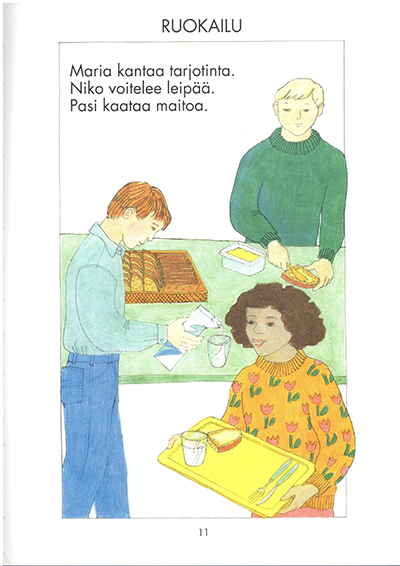 ... ...
... ... ... ...
... ... ... ...
... ...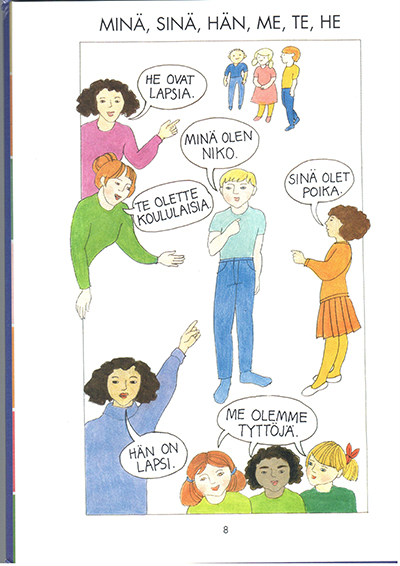 ... ...
... ...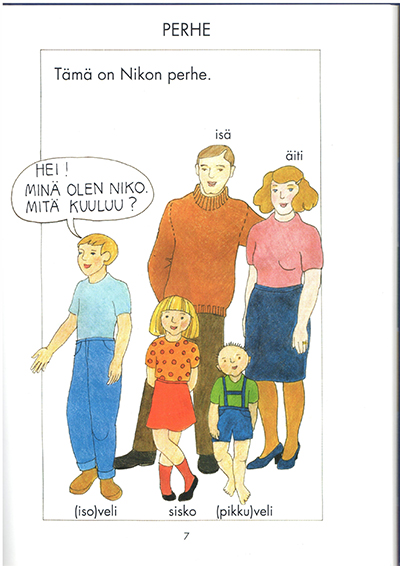 ... ...
... ... ... ...
... ...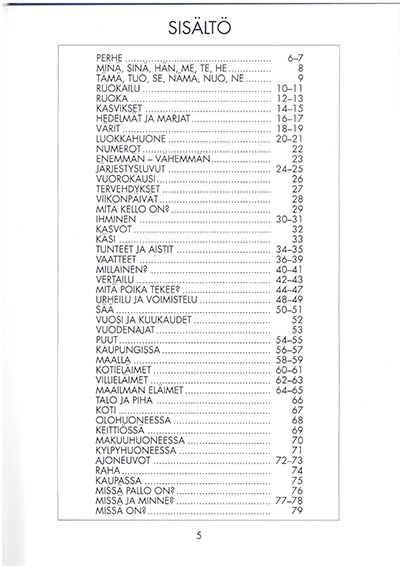 ... ...
... ... ... ...
... ... ... ...
... ...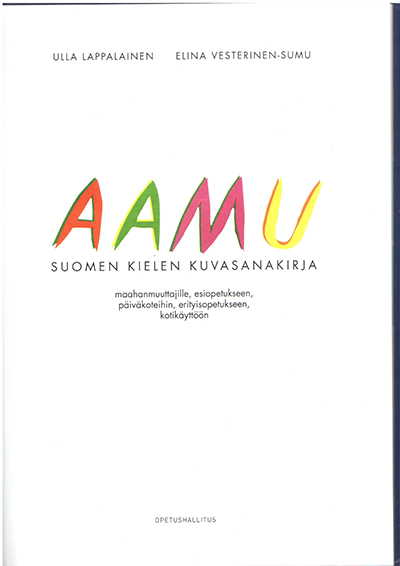 ... ...
... ...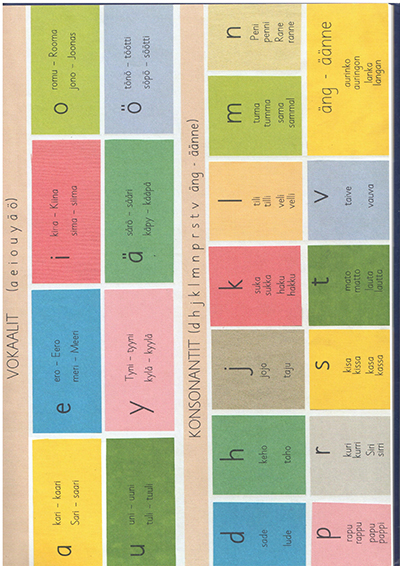 ... ...
... ...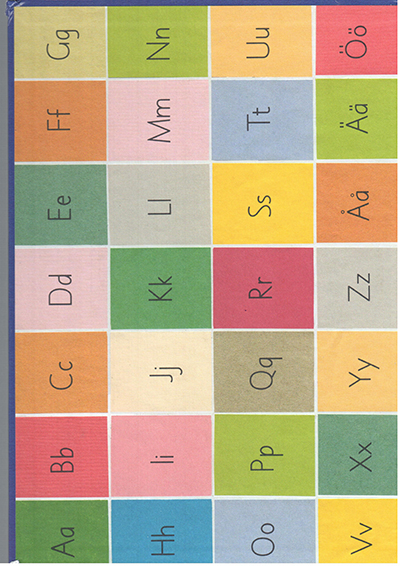 ... ...
... ...